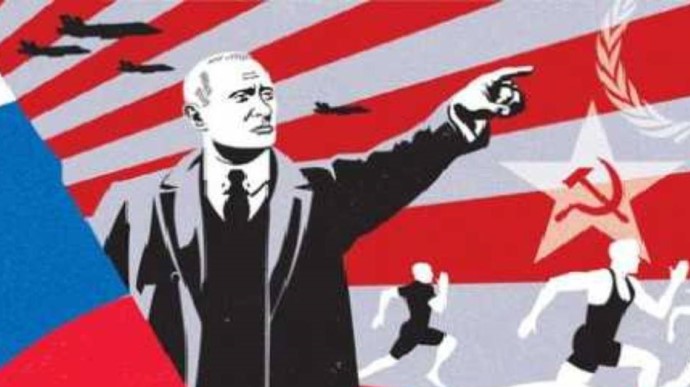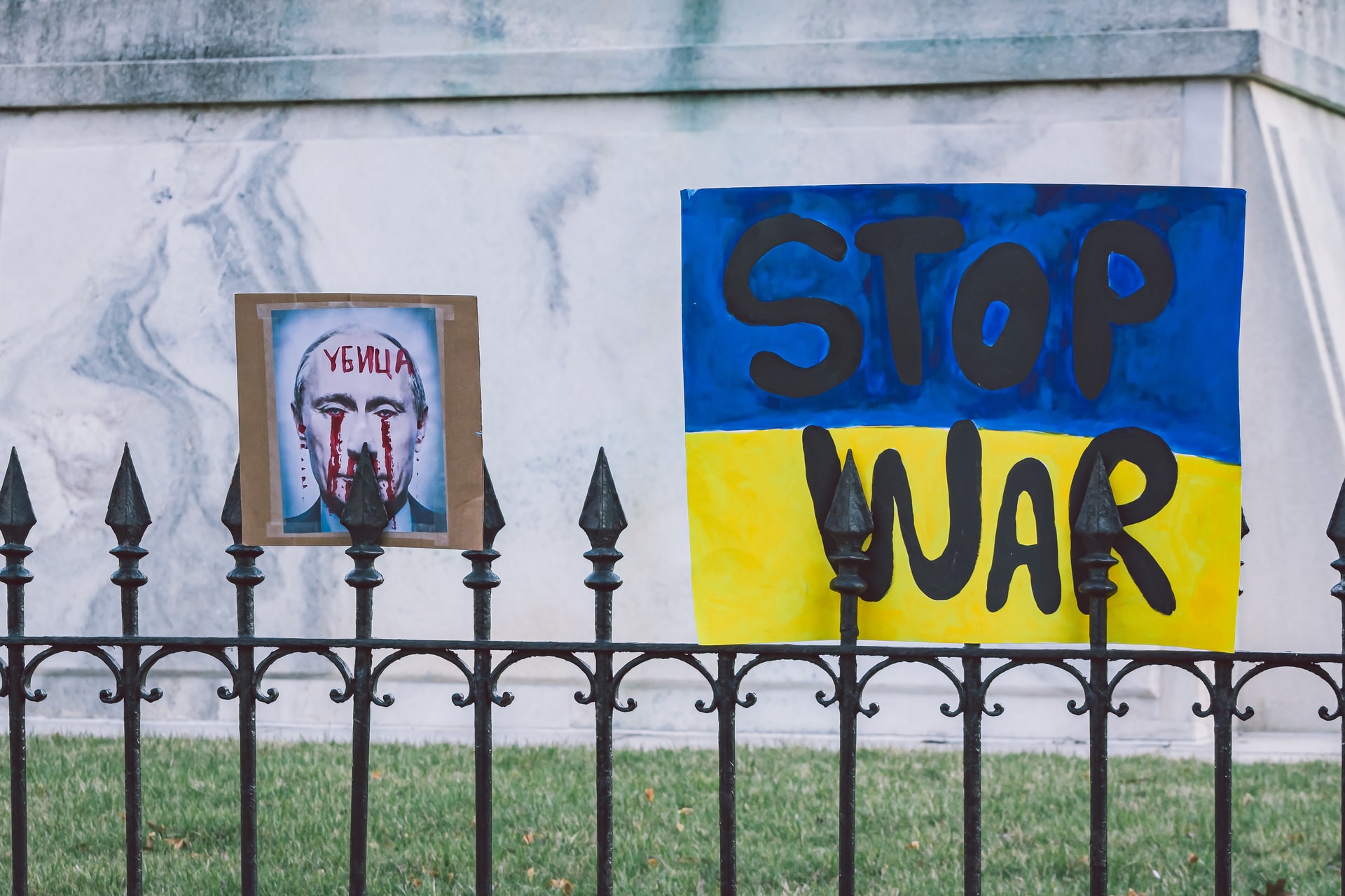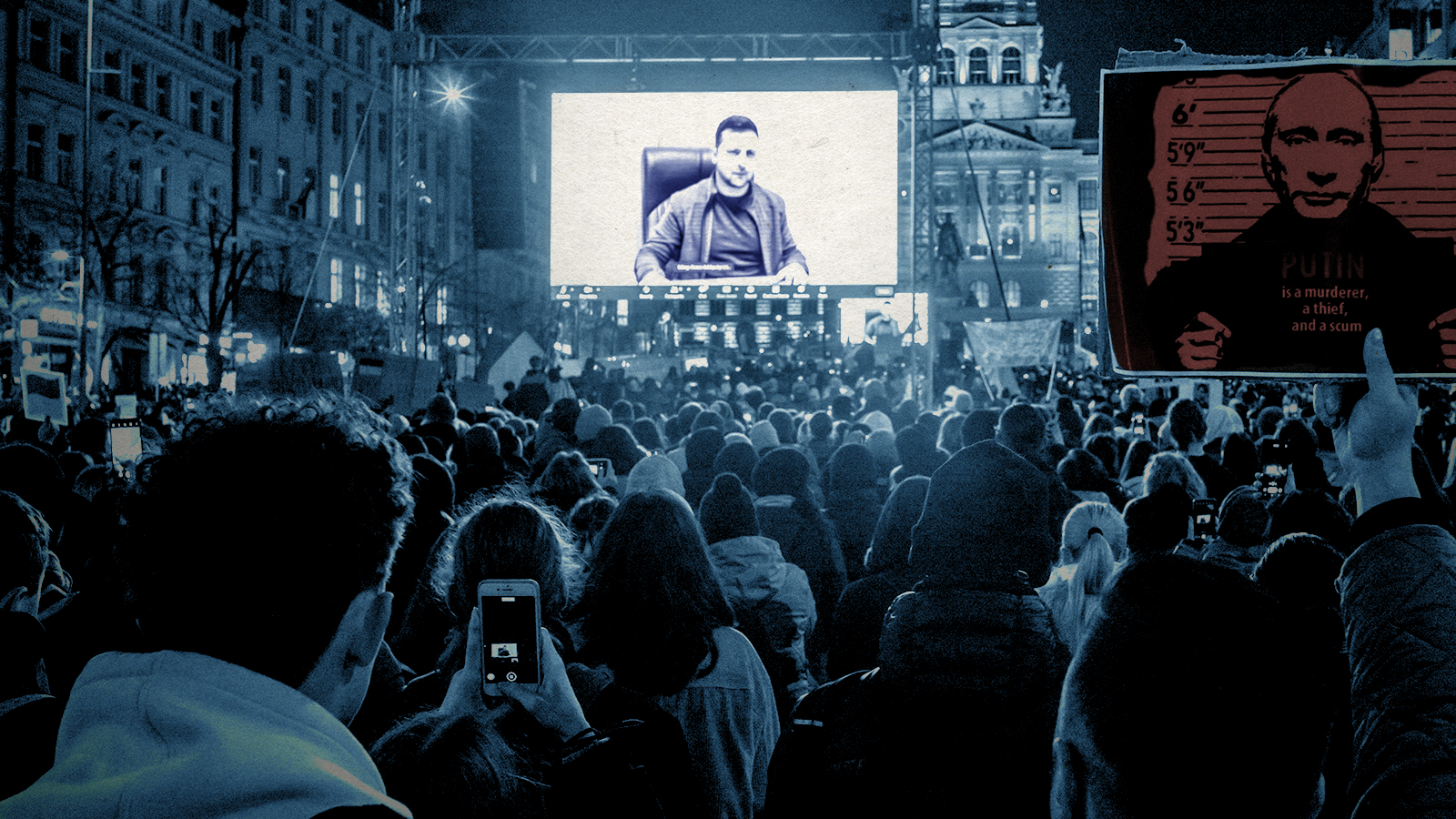The ongoing conflict between Russia and Ukraine, which escalated significantly in 2014 and saw a marked increase in intensity in 2022, is not just a battle of military forces but also a complex struggle for narratives and perceptions. At the heart of this struggle lies propaganda and information warfare, which play pivotal roles in shaping public opinion, influencing policy decisions, and justifying actions on both sides. This article delves into the mechanisms, strategies, and implications of propaganda and information warfare in the Russia-Ukraine conflict.
The Nature of Propaganda in Modern Conflicts
Propaganda is defined as the dissemination of information—whether true or misleading—with the intent to influence public opinion and behavior. In the context of modern warfare, it has evolved significantly, leveraging advancements in technology and social media. The Russia-Ukraine conflict exemplifies how propaganda is employed to achieve strategic objectives. Key characteristics of modern propaganda include:
- Speed and Reach: The internet and social media platforms enable rapid dissemination of information to vast audiences.
- Targeting and Personalization: Data analytics allow for targeted messaging tailored to specific demographic groups.
- Visual Storytelling: The use of images and videos enhances emotional engagement and can distort perceptions of reality.
The Role of Information Warfare
Information warfare encompasses a range of actions designed to disrupt or manipulate an adversary’s information environment. In the case of the Russia-Ukraine conflict, both sides have engaged in tactics that blur the lines between information, propaganda, and psychological operations. The objectives include undermining enemy morale, influencing international perception, and shaping internal narratives.
Key Tactics in Information Warfare
Several tactics have emerged in the Russia-Ukraine conflict, including:
- Disinformation Campaigns: The intentional spread of false information to confuse and mislead audiences, such as fake news stories about military successes or humanitarian crises.
- Cyber Operations: Hacking and data breaches aimed at exposing sensitive information, disrupting communication infrastructures, and sowing discord.
- Social Media Manipulation: The use of bots and fake accounts to amplify messages, create misinformation trends, or incite divisions within societies.
Case Studies: Propaganda and Information Warfare in Action
To better understand the dynamics of propaganda and information warfare in the Russia-Ukraine conflict, it is crucial to examine specific case studies that illustrate how these tactics have been employed.
1. The Annexation of Crimea (2014)

The annexation of Crimea by Russia in 2014 serves as a critical example of propaganda’s effectiveness. The Kremlin utilized various strategies to justify its actions, including:
- Media Control: State-controlled media outlets, such as RT and Sputnik, propagated narratives portraying the annexation as a “reunification” of Russian-speaking citizens rather than an invasion.
- Manipulation of Public Sentiment: The Russian government organized staged referendums that claimed overwhelming support for joining Russia, despite widespread international condemnation and evidence of voter coercion.
- Historical Narratives: Russian officials invoked historical claims to Crimea, framing the annexation as a restoration of justice.
2. The 2022 Invasion and Its Aftermath

The escalation of conflict in February 2022 marked a new phase in the information war. Both Ukraine and Russia ramped up their propaganda efforts:
- Ukraine’s Resilience Narrative: The Ukrainian government, led by President Volodymyr Zelenskyy, effectively utilized social media to project an image of national unity and resilience. Zelenskyy’s speeches, often delivered via video, garnered international support and solidarity.
- Russian Disinformation Tactics: The Kremlin spread narratives downplaying casualties and portraying the invasion as a liberation mission to “denazify” Ukraine, despite substantial evidence to the contrary.
- International Influence: Both sides sought to sway international opinion. Ukraine effectively harnessed social media and diplomatic channels to rally support, while Russia attempted to leverage historical ties and energy dependency in Europe.
The Impact of Social Media

Social media platforms have become battlegrounds for information warfare in the Russia-Ukraine conflict. The rapid spread of information (and misinformation) can shape public perceptions almost instantaneously. A few notable impacts include:
- Real-Time Updates: Social media provides real-time information, allowing users to witness events as they unfold, but this can also lead to the spread of unverified content.
- Influencer Mobilization: Influencers and public figures have played significant roles in shaping narratives, often rallying support for Ukraine or spreading disinformation on behalf of Russian interests.
- Echo Chambers: Algorithms can create echo chambers where users are only exposed to information that reinforces their beliefs, deepening divisions and polarizing opinions.
The Global Dimension of Information Warfare
The Russia-Ukraine conflict has drawn in global actors, transforming it into a significant geopolitical issue. The information war has extended beyond the borders of Ukraine and Russia, impacting international relations and public opinion worldwide:
- Western Support for Ukraine: The U.S. and EU have rallied support for Ukraine, countering Russian propaganda with coordinated messaging and sanctions.
- Countering Disinformation: Various organizations, including NATO, have launched initiatives to monitor and counter Russian disinformation campaigns, employing fact-checking and transparency measures.
- Influence on Global Security Policies: The conflict has led to discussions about national security and information warfare strategies among NATO countries, prompting re-evaluations of defense postures.
Challenges and Ethical Dilemmas

The use of propaganda and information warfare raises significant ethical dilemmas, particularly regarding truth, transparency, and accountability. While both sides utilize information strategies, the implications of misinformation can have dire consequences:
- Loss of Trust: The pervasiveness of disinformation erodes public trust in traditional media and institutions.
- Normalization of Misinformation: The acceptance of false narratives can lead to a reality where facts are subjective, complicating democratic discourse.
- Psychological Impact: Prolonged exposure to propaganda can affect mental health, leading to anxiety and confusion among the populace.
The Russia-Ukraine conflict has underscored the critical role of propaganda and information warfare in contemporary conflicts. As both sides continue to navigate this complex landscape, the implications extend beyond military strategies to shape national identities, international relations, and public perceptions globally. Understanding the mechanisms and impacts of these tactics is essential for discerning the realities of the conflict and advocating for informed discourse. In an era where information is power, the battle for narratives remains as significant as the battle for territory, highlighting the urgent need for media literacy and critical thinking in our increasingly interconnected world.